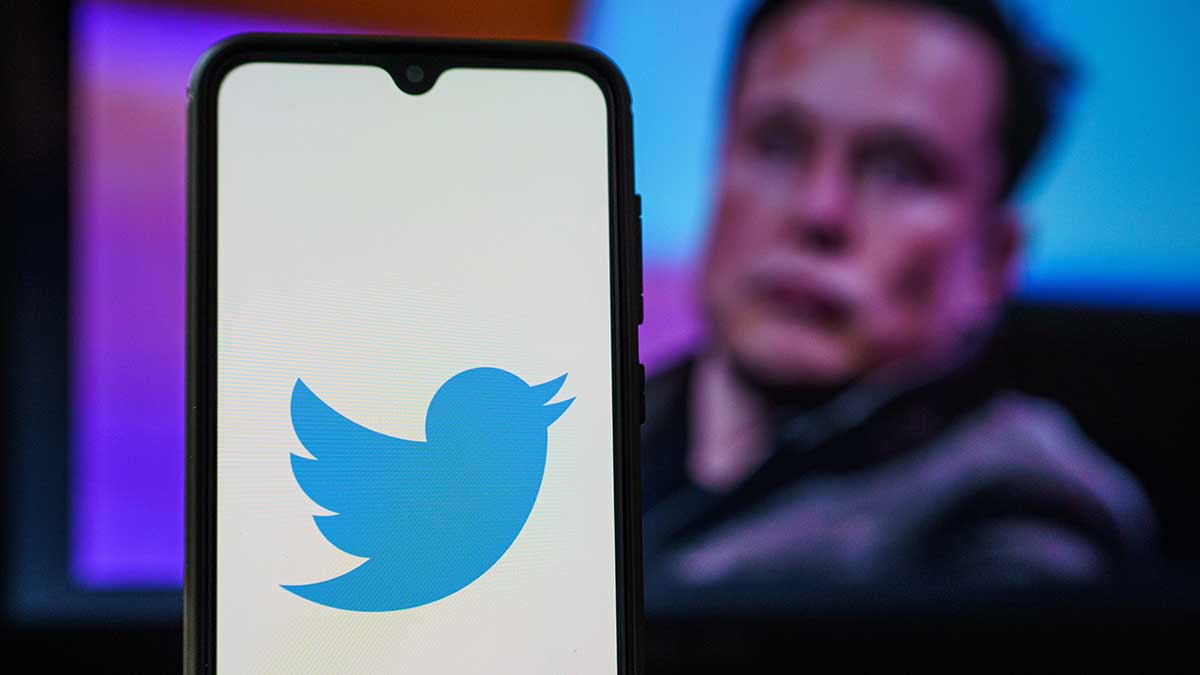

Twitter employees have warned of a mass exodus when Elon Musk takes over the company. But, by redefining its purpose and reinforcing its values, the company has a chance to develop a new sense of belonging and keep staff on board, writes Alison Esse.
Elon Musk, said to be the world’s richest man, bought Twitter for $44bn last week, saying that his aim was “to defend democracy and to protect freedom of expression”. Tesla’s stock lost $126bn in market value the day after the deal was struck.
The news has rocked the company at every level. Twitter’s top lawyer Vijaya Gadde reportedly became emotional and wept at a company-level staff meeting discussing Musk’s acquisition of the social media platform. Gadde, a key executive in the company, was behind decisions including the banning of political advertising and the removal of former US president Donald Trump from the platform.
Twitter’s employees have warned of a “mass exodus” of staff when Musk takes over the company, with one describing the world’s richest man as “a person with questionable ethics”.
In response, Musk has reportedly criticised staff publicly, despite a promise from the entrepreneur not to disparage the company or its employees. Former Twitter CEO, Dick Costolo, called out Musk on Twitter stating, “Bullying is not leadership”.
Avoiding a staff exodus
Firstly, the company needs to define and reinforce its values, purpose and authenticity (Twitter’s purpose purports to be “to serve the public conversation”). Does Twitter still hold its values sacred, and is it going to be able to live up to those values – both its external brand values and its internal values? Will people feel that they’ve been compromised? If a company’s values are compromised, it can be one the quickest ways to make employees and customers leave. A company’s values are the foundation of its DNA and sense of belonging, and the pride and purpose for a company’s workforce. How committed we are to an organisation will rest on its reputation and values.
Musk talks about free speech within the law, which has increased fears that this could increase toxicity and abuse on the platform. If a company’s purpose becomes compromised because of perceived ethics, then this too can affect belief, commitment and ultimately employee retention. The corporate purpose must be clear. The organisation must be living and fulfilling that purpose, and acting in service of it. Its authenticity – what we stand for, why we are here, and what we do for society – is paramount. If this is jeopardised, or if leaders are perceived to be having an alternative agenda, then not only will employees lose faith but so will Twitter users. The company may even attract the wrong sort of user in the long run.
Trust and belief in leaders is the number one staying power – the anchor needed to maintain a positive workforce. Without faith and trust in leaders, or at best being cynical about them, means that unity, shared purpose and vision are lost. There then becomes a disconnect between the senior leaders of the organisation and the rest of the organisation. When this happens, there is a risk that everything will start to slow down. Productivity slows down, bad behaviours start appearing, and silos and micro-cultures start to form. The sense of belonging disappears, which is so important in large organisations.
The board needs to create a unifying and compelling story that sets out its ambition for the future, and reinforces its pride, purpose and values, which some may feel have disappeared.”
Senior leaders must unify
For the sake of its internal and external reputation, the board and senior leaders at Twitter must now unify. In any M&A situation there is always a lot of uncertainty – about job security, about where the business is going, and what changes will take place. It will take people out of their comfort zones, with uncertainty exacerbated by the frenzied media attention.
The board needs to create a unifying and compelling story that sets out its ambition for the future, and reinforces its pride, purpose and values, which some may feel have disappeared. It must communicate what that journey will look like – one that will inspire belief and trust. Above all, it must be honest and clear about the changes taking place, and why they are happening.
Senior leaders will need to role model the behaviours they want to see in the business, for the story to be embraced, embedded and lived by the entire organisation. They must be empowered and unified to maintain and build pride, purpose and all that is held dear at Twitter. They must be empathetic and continually reinforce the values and purpose to turn cynicism and activism into something positive, reinstating a sense of pride and opportunity. Empowered and visibly unified leaders will be key to helping Twitter’s employees start to rebuild their belief in its leadership and the brand. In the absence of a compelling clear direction of travel, and with media attention and circulating rumours abounding, they will make up their own story.
There is no silver bullet, but once that is done it will help prevent a rumour mill internally from becoming combustible, to the point that employees – and Twitter users – will leave.

